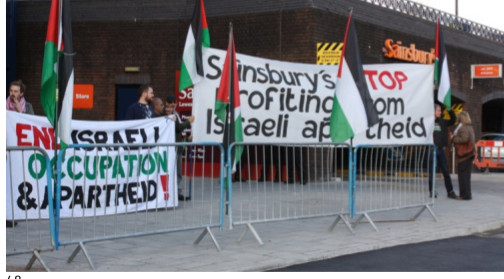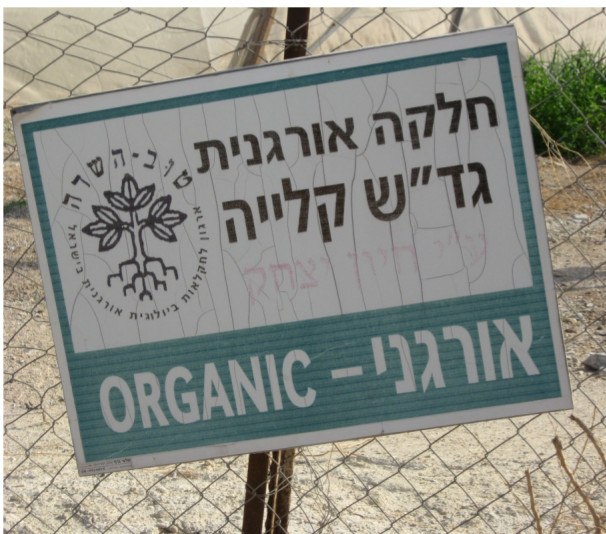-
Apartheid in the fields: Part 3 How the food gets to us and what we can do
1st April 2016 | International Solidarity Movement, al-Khalil team | Gaza Strip, occupied Palestine A new report from Corporate Watch outlines exactly how the food grown in the illegal settlements of Palestine gets to our plates in Britain. This final summary looks at what we in Britain can do to support the boycott called for by […]
-
Apartheid in the fields: Part 2 Injustice in the Jordan Valley
30th March 2016 | International Solidarity Movement, al-Khalil team | Gaza Strip, occupied Palestine A new report from Corporate Watch outlines exactly how the food grown in the illegal settlements of Palestine gets to our plates in Britain, and what we (in Britain) can do about it. In this second summary report we look at […]
-
Youth Against Apartheid
29th March 2016 | International Solidarity Movement, al-Khalil team | Hebron, occupied Palestine On Sunday, the new team of Youth Against Apartheid was honored to meet with each other for the first time. The wonderful youth of al-Khalil city (Hebron) who have dedicated their time during the past few years doing voluntary work and activities […]
Action Alert An Nabi Saleh Apartheid Wall Arrests BDS Bethlehem Bil'in Cast Lead Demonstration Denial of Entry Ethnic Cleansing Farmers Gaza Global Actions Hebron House Demolition International law Israeli Army Jerusalem Live Ammunition Nablus Ni'lin Prisoner Ramallah Rubber-coated steel bullets Settlement Settlers Settler violence Tear-Gas Canister Video



